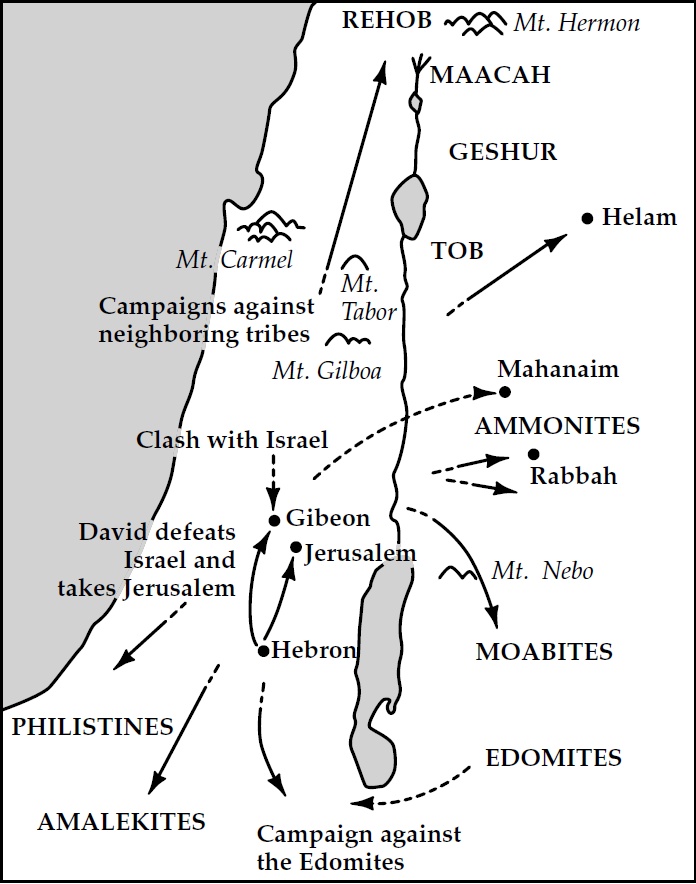1 Kings 8 (Cf. 2 Chronicles 5.1-7.11)
1-13-The Ark of the Covenant is brought into the Temple as are the two stone tablets containing the Ten Commandments. Verses 10-12 present the glory of God coming into the Temple. The glory of God has been with the Israelites since God called them in Exodus. He went before them in the Wilderness, visited them at Sinai, and would dwell with them until Ezekiel 10.18-19. He will pay a brief visit in the flesh (John 1.14), dwell within man (John 14.16-17), and will come again in the Kingdom (Revelation 21.2-3).
14-21-Solomon reminds the people of God’s faithfulness to His promise, covenant, with David and with all Israel.
22-53-Solomon constantly reminds Israel through this prayer that God dwells in Heaven, though He dwells in the Temple. He is also reminding Israel that all they have is still God’s and they are merely stewards or managers of what He has given. These two principles are necessary for our understanding of accomplishing God’s task. God is greater than we can imagine (Ephesians 3.20-21, cf. with verse 56). Although He indwells us through the Holy Spirit, we should never make Him commonplace as much of the current theology attempts to do when they describe Him as a friend who is hugging and kissing us. If you would like further discussion on this topic, please respond to this post. We are the managers of what God has given us. He owns it all, we are to take care of it and do as He would with it. When we get this mentality, our perspective on giving and life changes dramatically.
Verse 46 is a great reminder that we all sin and that we all need God to help us overcome our sin. What is your sin that causes you to stumble and fall (Galatians 6.1-3 and Hebrews 12.1-2)?
54-61-Solomon then blesses Israel with a reminder that God is with them.
62-66-The dedication ends with a joyful celebration; dare I say party?
When you read this long chapter, do you see elements of this in your personal daily worship and weekly corporate worship? If so, celebrate; if not, try to incorporate aspects of it this week.
A thought to ponder: though Solomon’s Temple was magnificent and beautiful, it was merely another building until God came. Our lives are just another life, our churches are just another church, until God comes in. It is at this point when these ordinary things become super-ordinary not because of what they are but because of Who chose them.
Another thought: Trace “heart” through this chapter and you will notice that we know what is in our heart (38), though we attempt to conceal it from others. God knows our heart (39), we cannot conceal anything from Him. In order to come to Him, it must be with all our heart (48). When we do, God gives us the ability to obey His Word (58). All this because this is a goal of God for our lives (61).
An example of prayer from Solomon
- Praise and worship (22-25)
- Revelation of self in God’s presence (26-30)
- Requests for forgiveness sins (31-40)
- Requests for the Lord to be merciful to those who seek Him (41-43)
- Prays for victory (44-45)
- Restoration when they sin (46-53)

